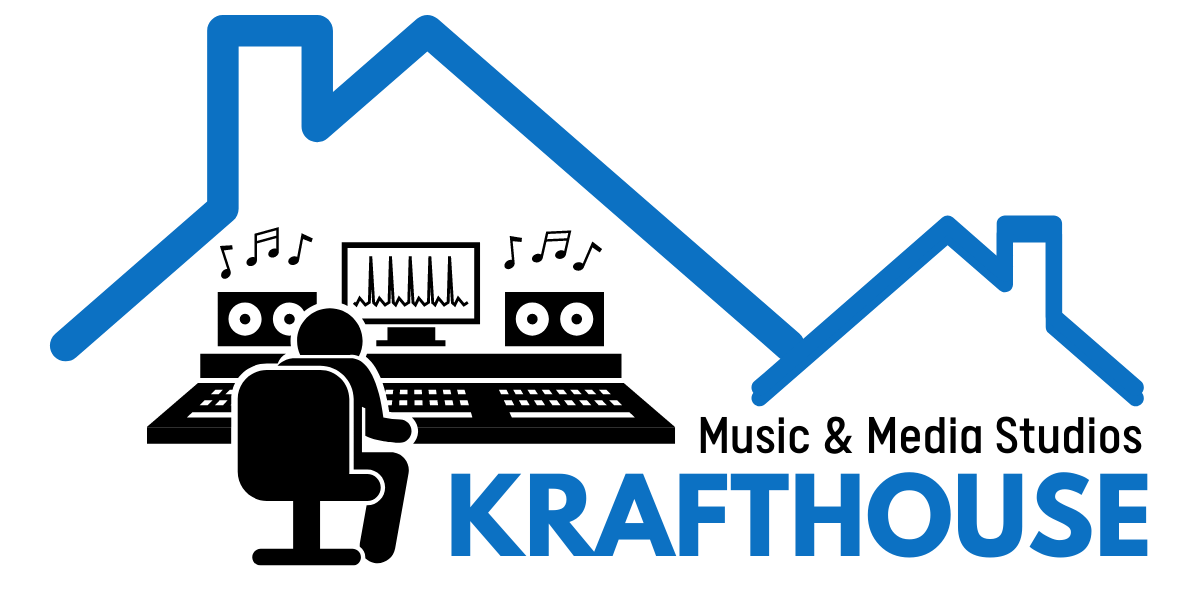Artificial intelligence is changing the way music is created, mixed, and distributed. From AI-powered mastering tools to fully generated compositions, technology is evolving at a pace that’s hard to ignore. Some artists embrace it as a creative tool, while others fear it could replace human musicians and producers altogether. The question is—should artists be worried, or is AI the next evolution of music production? ️
One of the most noticeable shifts is how AI is streamlining production workflows. AI-powered plugins like iZotope Neutron and LANDR can analyse a mix and apply EQ, compression, and balance adjustments automatically. While traditional engineers might tweak settings manually for hours, AI can provide a starting point in seconds, making mixing more accessible for independent artists. The same goes for mastering—AI-driven platforms can instantly optimise tracks for streaming, removing the barrier of expensive mastering engineers. ️⚡
Beyond mixing and mastering, AI is now creating music from scratch. Tools like OpenAI’s Jukebox and AIVA can generate full compositions in different styles, from classical to hip-hop. Some companies have even developed AI-powered vocal synthesisers that replicate human voices with near-perfect accuracy. This raises the question—if AI can produce beats, melodies, and even vocals, where does that leave human musicians?
While some see AI as a threat, others view it as a collaborator rather than a competitor. Many producers already use AI-generated loops, drum patterns, and chord progressions as starting points for their tracks. AI doesn’t replace creativity—it enhances it by offering suggestions and speeding up the creative process. The best producers know how to blend AI-generated elements with human artistry to create unique, emotionally resonant music.
However, there are concerns about authenticity and originality. If AI can replicate musical styles perfectly, will it lead to an oversaturation of generic, machine-generated songs? Will the value of original composition decrease? Music has always been about human expression and emotion, and while AI can replicate sound patterns, it lacks lived experiences and personal storytelling. The industry needs to strike a balance between embracing AI’s efficiency and preserving the soul of music.
Another key issue is AI and copyright laws. If an AI generates a song, who owns it? The artist who input the data? The company that developed the AI? Or does no one technically own it? Copyright laws haven’t fully caught up with AI-generated content, leading to potential disputes over ownership and royalties. Artists need to be aware of these legal grey areas before relying too heavily on AI-generated music. ⚖️
Despite the concerns, AI is undoubtedly shaping the future of the music industry. The key is for artists to learn how to use AI as a tool, not as a replacement. Just as drum machines, samplers, and autotune changed music production, AI will continue to push boundaries—but human creativity will always be at the heart of music. The artists who adapt and integrate AI into their workflow will have a competitive edge, while those who ignore it may struggle to keep up. ️
At Krafthouse, we embrace the future while staying rooted in the fundamentals of great music production. AI can be a powerful asset, but nothing replaces the human touch that makes music truly connect with listeners. Whether you use AI or keep things traditional, the goal remains the same—to create music that moves people.
